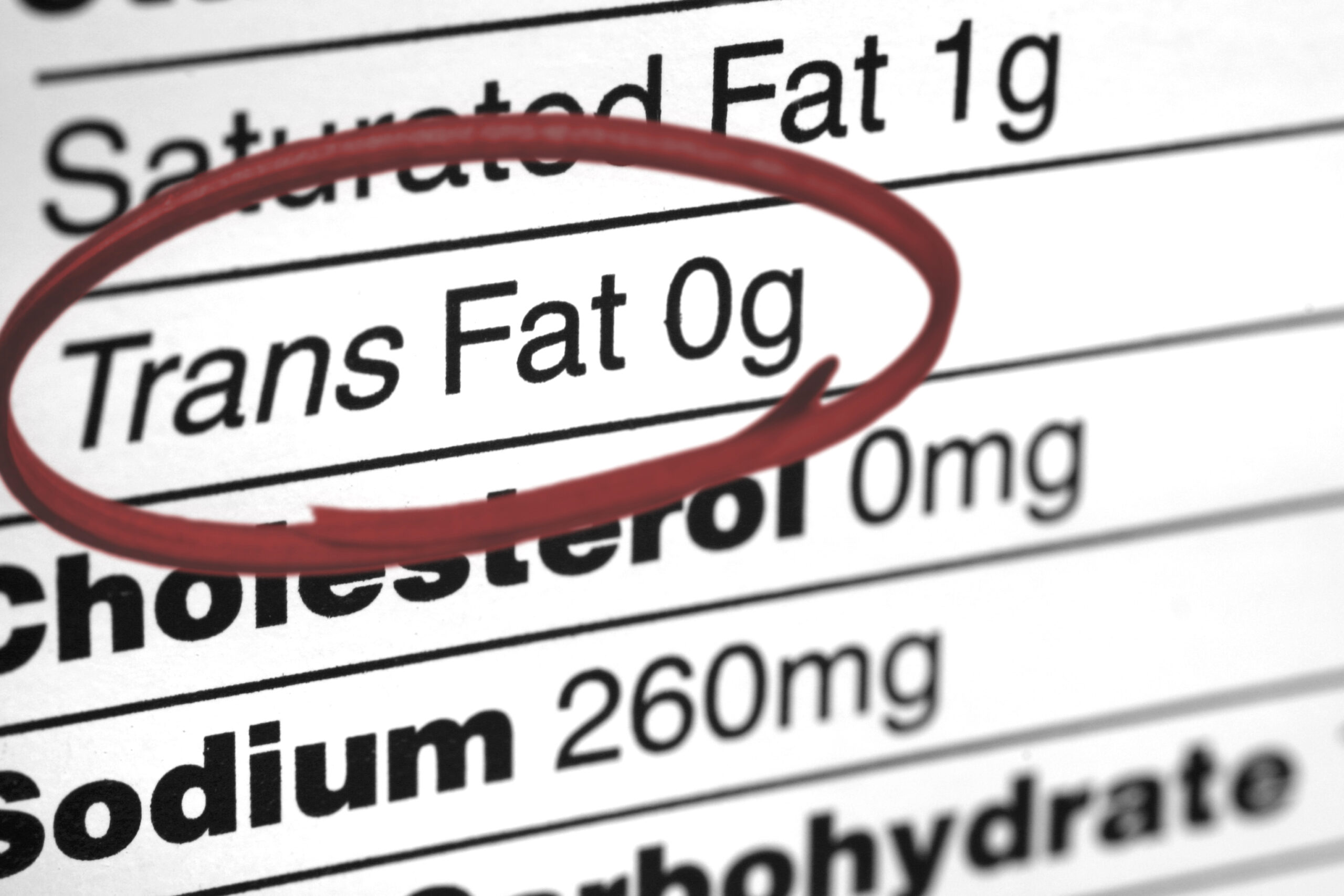Once believed to be a heart-healthy alternative to butter, artificial trans fats are set to be banned by the U.S. Food and Drug Administration and are not to be added to foods after June 18, 2018, unless a manufacturer can present scientific proof their use of partially hydrogenated oil is safe. The oils are primarily used to extend the shelf life of processed foods and consumers will likely not notice any change in taste, but the health benefits could be significant.
By removing fats like partially hydrogenated vegetable oil, which raise bad cholesterol while lowering good cholesterol, researchers estimate nearly 20,000 heart attacks and 7,000 deaths from heart disease could be prevented each year, according to a recent New York Times report. With 31 per cent of deaths worldwide attributed to cardiovascular disease, the World Health Organization is finalizing guidelines for saturated fatty acid and trans-fatty intake and would like to see trans fats removed from global food sources by 2023.
Trans fats have long been know to be unsafe and as far back as 2006, New York City’s Board of Health placed a trans fat ban on all restaurants and bakeries, only allowing them to use a very small amount of partially hydrogenated oils. Canada, Britain, Switzerland and Denmark have also placed restrictions on the use of these fats but they are still used commonly, even re-used, in India, Pakistan and the Middle East. Reheating oil results in chemical changes that increase the saturated fatty acids. Trans fats are also linked with an increased risk for Alzheimer’s disease, certain cancers and as a result greater insulin sensitivity, type 2 diabetes.
Trans fats are not the only culprit in increasing the risk for chronic health problems, as the food industry moves away from artificial trans fats, they have sought out inexpensive alternatives like tropical oils including coconut, palm kernel or palm oil which are high in saturated fats. Eating foods containing saturated fats can raise the levels of LDL (bad) cholesterol in your blood, increasing your risk for heart disease and stroke. The production of palm oil also frequently results in the clear-cutting of rain forests where many endangered species live and which produce roughly 20 per cent of the earth’s oxygen.
To understand more about trans fats, saturated fat and monounsaturated fats like olive, peanut and canola oils, follow this link to the Mayo Clinic website.






Add Your Voice
0 Comments
Join the Discussion